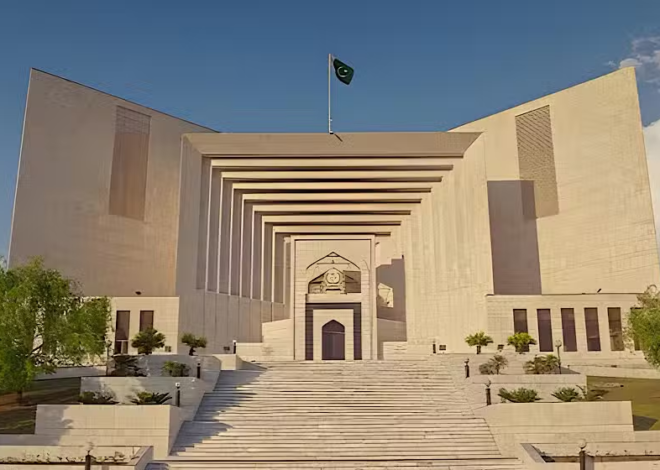
Over 63,000 Pakistani Hajj Allocations Lapse Amidst Administrative Failures
In a significant setback for Pakistani pilgrims, over 63,000 Hajj allocations under the private scheme have lapsed for the 2025 pilgrimage season. This development has left thousands of hopeful pilgrims unable to perform the sacred journey, with many having invested their life savings in anticipation.
Background and Quota Allocation
Pakistan’s Hajj quota for 2025 was set at 179,210 pilgrims, divided equally between the government and private schemes. Under the private scheme, approximately 89,605 slots were allocated. However, due to administrative delays and mismanagement, only 23,620 pilgrims were successfully registered, leaving over 63,000 applicants without a chance to perform Hajj this year .
Reasons for the Lapse
Several factors contributed to the lapse of these allocations:
- Delayed Policy Approval: The federal cabinet approved the Hajj Policy for 2025 after a delay of over two months, preventing private tour operators from submitting applications on time .
- Banking Restrictions: Private operators faced challenges in transferring funds due to banking restrictions, leading to delays in processing applications .
- Systemic Failures: The Saudi government’s online system reportedly crashed on February 14, the deadline for submitting applications, further complicating the process .
- Lack of Communication: Private operators claimed they were not informed of the deadline by the Ministry of Religious Affairs, learning about it via social media, and that their money was diverted without consent .
Financial Implications
The funds for the 63,000 lapsed allocations, amounting to approximately 680 million Saudi Riyals (around Rs36 billion), had already been transferred to Saudi Arabia. However, due to the missed deadline and administrative oversights, these funds may not be recoverable, leaving both pilgrims and operators at a significant financial loss .
Government Response and Accountability
In response to the crisis, Prime Minister Shehbaz Sharif has reprimanded officials from the Ministry of Religious Affairs for their alleged negligence and assured that he will take up the matter with Saudi authorities to resolve the issue . The Senate Standing Committee on Religious Affairs has also initiated an inquiry into the matter, focusing on the reasons that prevented 67,000 Pakistani pilgrims from performing Hajj this year .
Potential Solutions
Despite the challenges, there is a possibility of accommodating some of the affected pilgrims. The Saudi government has agreed to grant special concessions to 10,000 pilgrims, and efforts are underway to secure additional slots. However, these measures may not be sufficient to address the full extent of the crisis .
Conclusion
The lapse of over 63,000 Hajj allocations under Pakistan’s private scheme highlights significant administrative failures and mismanagement. While efforts are being made to resolve the issue, the situation underscores the need for improved planning, communication, and accountability in managing such significant national events.







